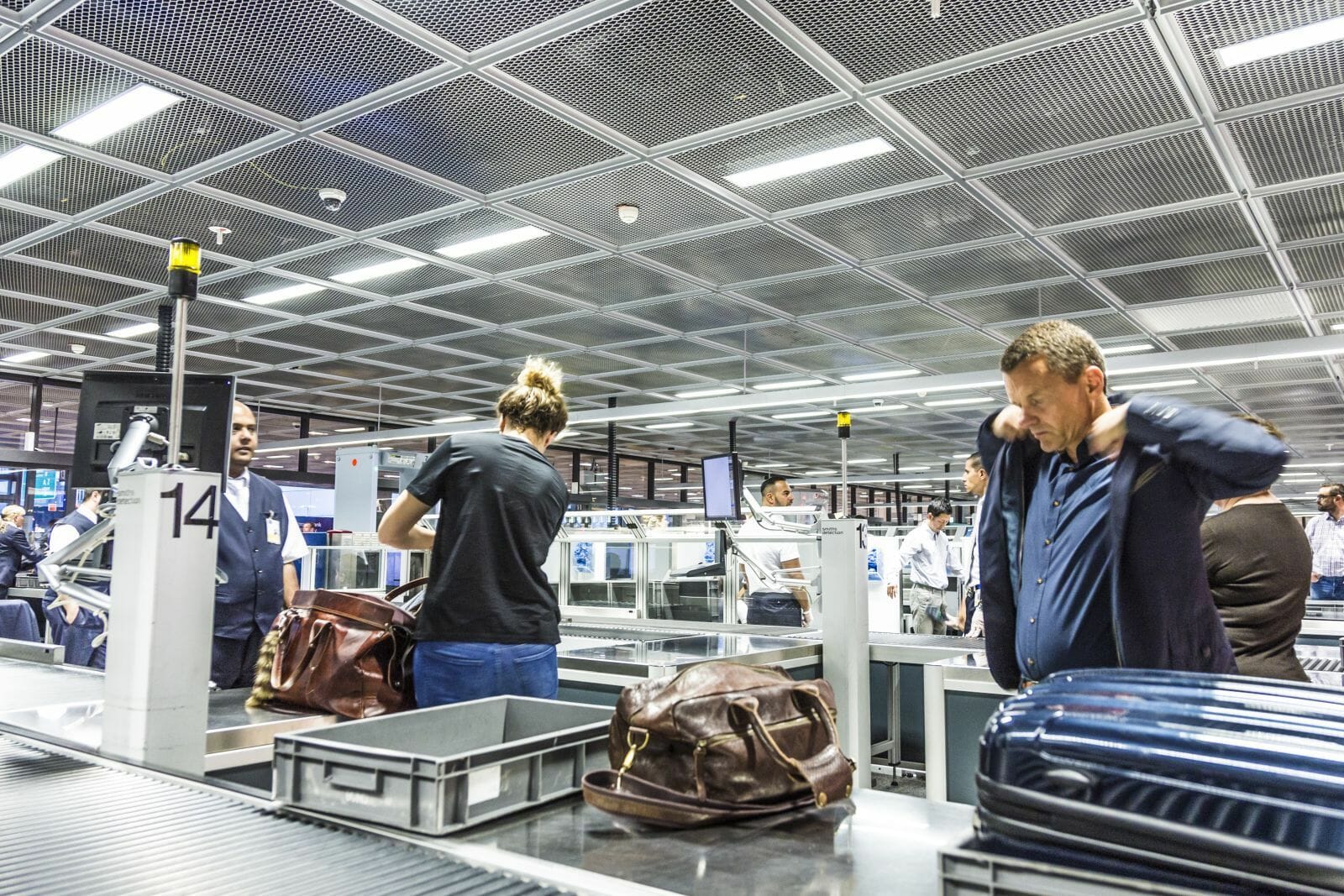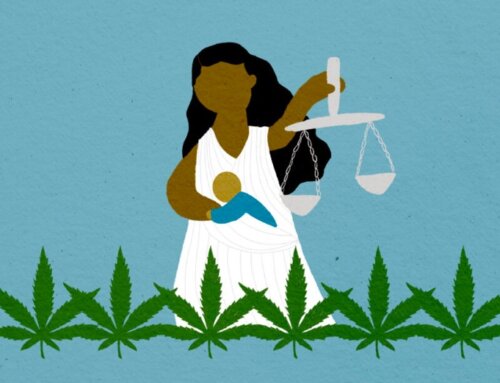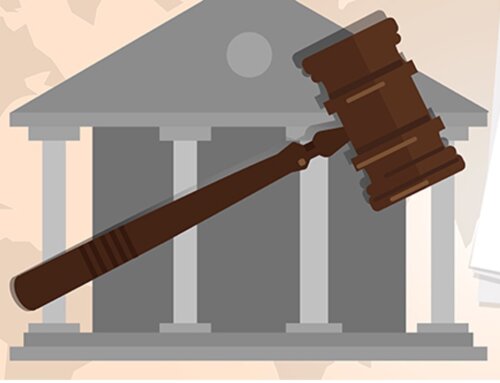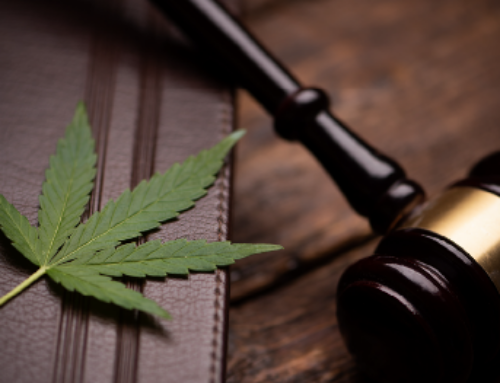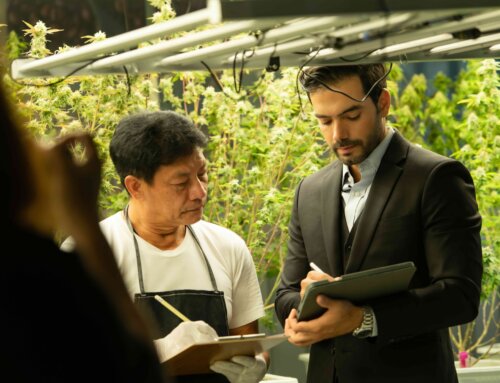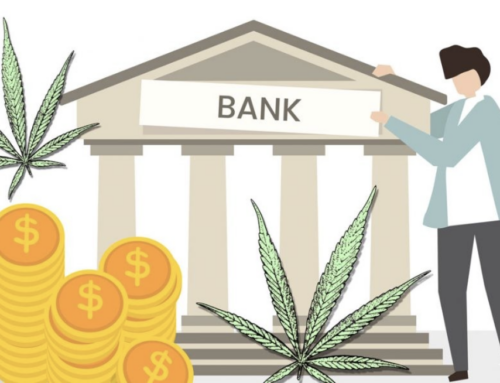Flying High: Flying with Marijuana
In 2017, over 42 million people visited Las Vegas.1 With such a large volume of tourists, and with the legalization of medical and adult-use marijuana in Nevada, the question of whether or not marijuana can be brought into or out of the state arises. Despite more states continuing to legalize marijuana for medical and/or adult use, it is important to know that there are still limitations on traveling with marijuana. As it is widely known, marijuana is still federally illegal.2 This means that while local law enforcement in states that have legalized recreational use may be more forgiving if someone of the legal age is in possession of the legal amount, federal prosecutors are still encouraged to pursue those in possession following the repeal of the Cole Memo.3 Federal prosecutors were not necessarily prohibited from pursuing marijuana possession and related crimes during the implementation of the Cole Memo, but it was re-classified as a low priority to prosecutors, with eight specific instances still being of concern to the Department of Justice. However, if one state has legalized recreational marijuana can it legally be carried from one state to another? No. One should refrain from packing marijuana away in a film canister and carrying it on a plane, period. There are two main prohibitions to packing marijuana onto airplanes when travelling. First, as mentioned above, it is still federally illegal.4 Second, airports may, and do, pass rules prohibiting the possession of marijuana on their premises.5 This blog will examine some of the finer points as to why flying with marijuana is still illegal.
Marijuana is Still Federally Illegal
The main obstacle to carrying marijuana in your carry-on is that possession is still federally illegal.6 Although McCarran International Airport is located in Nevada, a state that has legalized recreational and medical marijuana, the Department of Homeland Security, a federal entity, is responsible for security through the Transportation Security Administration (TSA).7 Because federal employees are responsible for screening every flyer in the United States, and because the possession of marijuana is still federally illegal, then by the very fact, passing through security to board an airplane subjects flyers to federal scrutiny, making carrying marijuana onto airplanes illegal.
However, in Welch v. Huntleigh United States Corp., the Court stated that TSA employees do not have the authority to “detain individuals and must call law enforcement officers to search, seize, and arrest individuals if illegal items are found. . . Since the . . . screeners were only able to perform consensual searches, and had no authority to arrest, [screeners] cannot be considered law enforcement officers.”8 The Welch court also stated that “screeners are able to conduct consensual administrative searches for items which are prohibited entry into the airport’s sterile areas.”9 On top of TSA agents’ limited authority, the scope of items screened for is further limited. According to 49 U.S.C. § 44902, a TSA agent’s screening is limited to “establishing whether the passenger is carrying unlawfully a dangerous weapon, explosive, or other destructive substance.”10 Therefore, while TSA agents cannot directly arrest passengers, it falls on them to inform airport police or other law enforcement officers in the area of any prohibited substance, if necessary.
Airports Outlaw Possession of Marijuana
This leads to a second obstacle: airports passing rules specifically outlawing possession of marijuana on their premises. McCarran International Airport is owned and operated by Clark County. The County chooses to prohibit patrons who “possess, consume, use, display, transfer, distribute, sell, transport, or grow marijuana in or upon any Airport or any property or facility owned by the department of aviation.”11 One of the first airports to take such a stance in a state with legal recreational marijuana was Denver International Airport in Colorado. In December of 2013, the Denver International Airport became the first city facility to prohibit marijuana possession on its property, citing the fact that it is still illegal under federal law and that the federal government regulates the aviation industry.12 In some instances, federal funding may be used to coerce states and entities to comply with federal goals.13 One way that the federal government may dictate how states should legislate is through the withholding of federal funds.14 The federal government’s control over airport policies effects how law enforcement responding to marijuana possession plays out. Despite possession being legal in Nevada, if a traveler is found to have marijuana on their person inside McCarran International Airport, then even local law enforcement may cite them because it is prohibited through Clark County ordinance on airport property.15 However, according to The Cannabist-an affiliate of the Denver Post-in the first five months following Denver International’s ban on possession, “Denver police have not cited anyone for possession and have not confiscated any marijuana products.”16 In context, there were 21,105,942 passengers through Denver International in the first five months of 2014.17
Interstate Travel with Marijuana is Against Nevada Law
While it may not be actively enforced by the TSA, it is still illegal to fly with any amount of marijuana. Even prior to the Cole Memo being repealed, it was illegal to transport marijuana across state lines.18 Listed as one of eight exceptions, the Cole Memo stated the Department of Justice aimed to continually enforce “Preventing the diversion of marijuana from states where it is legal under state law in some form to other states.”19 Not only is it federally illegal, it is against the Nevada Revised Statutes to bring marijuana from outside Nevada into the state, and vice-versa.20
